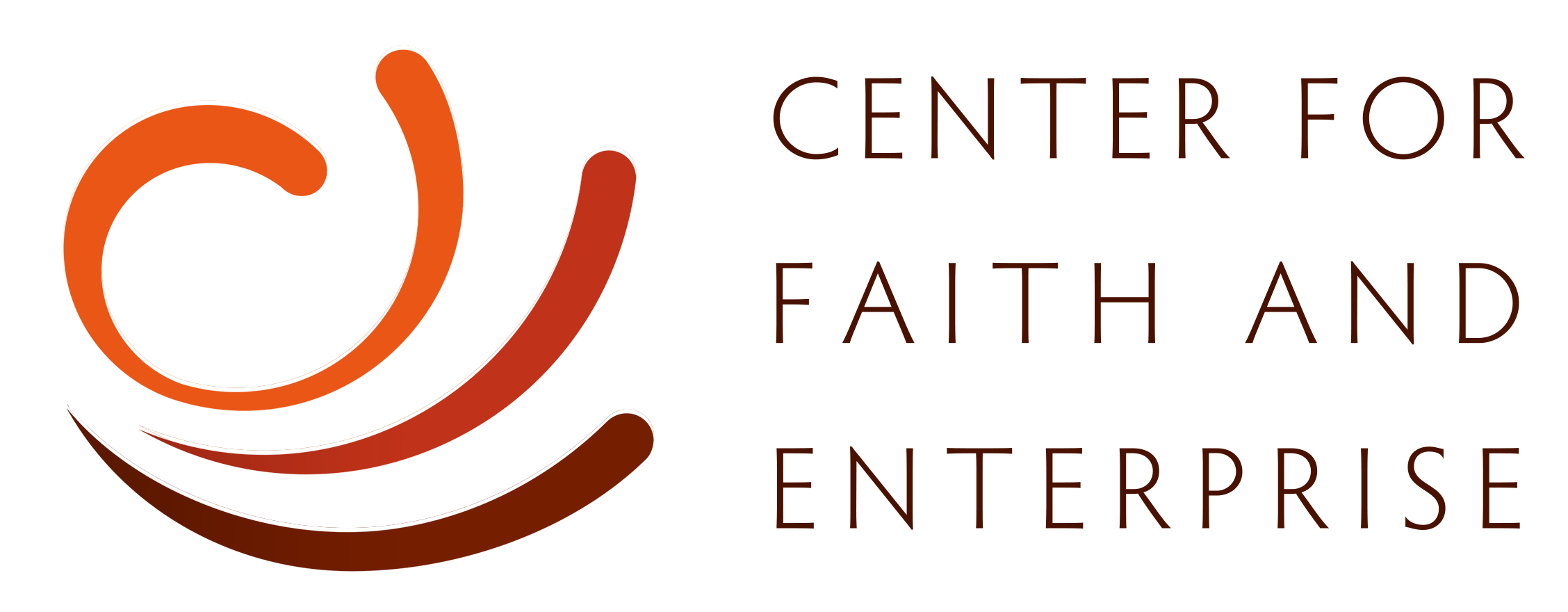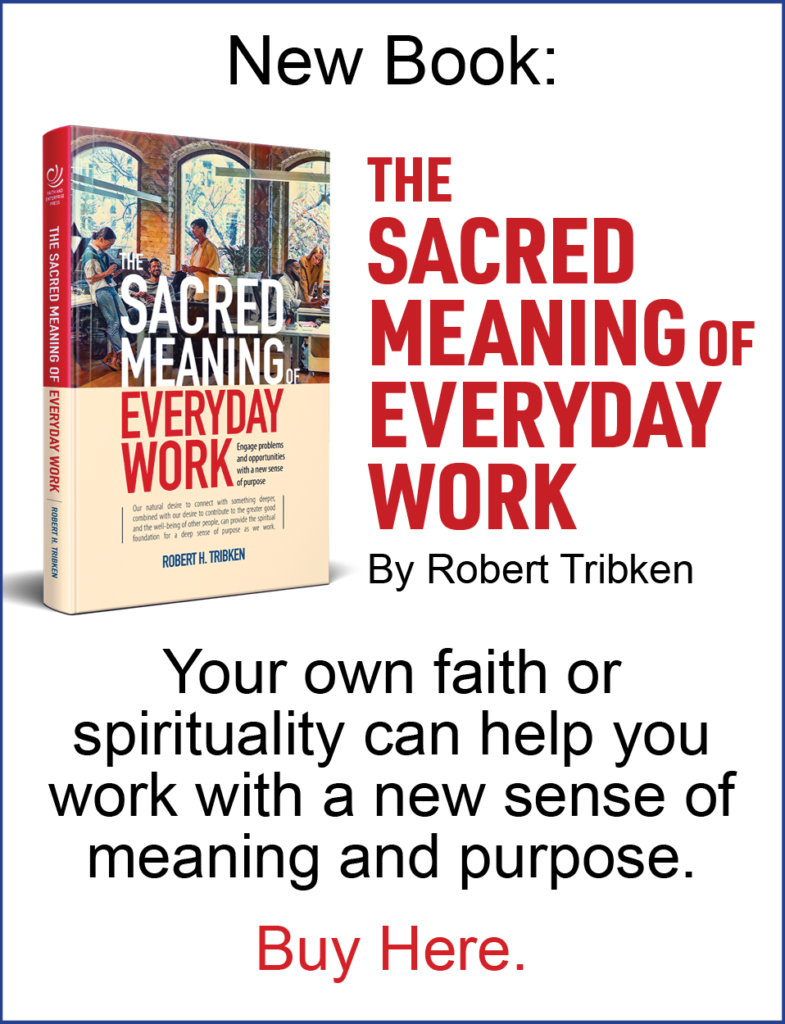“I never have enough time.”
When people talk about their more frustrating work-related problems, the issue of time, or the lack of it, comes up most often. For many people, there is not enough time to get their work done and this can be a serious and chronic source of stress. Fixing this one problem might make a huge difference in many people’s lives and in their ability to enjoy their work and their leisure.
There are various theories about why people, in general, seem to feel busier these days. These include an expanded workday, increasing family responsibilities, more options for so-called leisure time, and even the 24/7 nature of cell phone and email connectivity. From the data, it is not clear to me that there is any single explanation for this increased feeling of busyness among the population as a whole. However, it is clear that certain demographic cohorts are much more likely to experience it. Among these are working parents with children, business owners, and mid-career professionals.
Professor of Psychology Alex Szollos has put forward an insightful and helpful idea. He suggests that chronic time pressure, that feeling of always being short of time, should be seen as an overarching concept that incorporates two related but distinct elements: 1) an objective element, in other words, an actual shortage of time relative to the demands placed on the individual; and 2) a subjective element, in other words, the subjective experience of being harried and rushed pretty much all of the time.[1]
There are probably tens of thousands of time management books, consultants, techniques, and apps designed to help us manage the objective shortage of time; I do not have anything to add to these.
It might, however, be worthwhile to discuss the subjective element.
Subjective Aspects
Chronic time pressure can involve the feeling of being harried and rushed and of never having enough time. It is not merely episodic – it does not go away after a critical deadline has been met or a particularly busy week has passed. It seems to always be there; in other words, it is chronic.
This subjective feeling can be quite harmful. It prevents us from enjoying our leisure time. It stands between us and our friends and family by keeping us from being fully present in our relationships. It can be a serious distraction from our work and can keep us from performing well; by keeping us from using our time efficiently, it can make our objective lack of time worse.
This chronic time pressure is closely related to stress, and some people might even say it is their primary cause of stress. In any case, many stressors are made worse by time pressure. The dynamics of chronic time pressure can be similar to other forms of stress. This suggests that the tools developed for handling high stress levels may also be effective, in some cases, for dealing with it.
What Can Be Done?
First, like stress in general, the feeling that we do not have the resources to deal with a particularly stressful situation can send our stress levels sky-high. In the case of time pressure, then, our sense of self-efficacy can be essential. People who are short of time but think of themselves as competent individuals who can handle challenges efficaciously are much more likely to take the time pressure without the harmful subjective effects that others might experience.
Each of us has particular strengths and weaknesses, and we have each developed specific skills and competencies as we have gone through life. One would expect that bringing these to the forefront of our consciousness, rather than submerging them in self-doubt, would be pretty helpful.
As with stress more generally, leisure time and how we use it can play an essential role. It can be rejuvenating to have some time to get away from our work and workplace identity, and experience some relaxation and psychic refreshment. This can seem to restore our sense of balance and increase our resilience.
The problem with leisure, however, is that when we are under pressure, it is hard to find time for leisure; even when we make the time, we are likely to spend it ruminating about the work awaiting completion. Similarly, if our leisure time is filled with non-work related obligations, then the so-called leisure time itself might become a source of time pressure and may not do us much good.
Different people handle leisure in different ways. For some of us, if we try to do nothing, our worries capture our attention and keep us from relaxing. One approach that seems to help in some of these situations is to find a leisure activity that fully engages us, such as a sport or hobby, and requires our full attention. This might help stop the useless rumination.
We need to develop the ability, perhaps with frequent practice, to learn to direct our attention more fully and deliberately. Being aware of when we are caught in a rumination loop can help. So can forms of prayer and meditation that encourage us to focus our attention.
Prayer and other spiritual practices can also help us put things into a proper perspective and remind us that life and eternity go on whether we complete all of our tasks.
No matter what the objective circumstances, no matter how short of time we actually are, reducing the subjective feeling of being harried can go a long way to helping us enjoy our leisure, deepen our human relationships, and work more effectively.
[1] Alex Szollos, “Toward a Psychology of Chronic Time Pressure: Conceptual and Methodological Review”, Time & Society, Vol. 18, No. 2/3 (2009), pp. 332–350.


